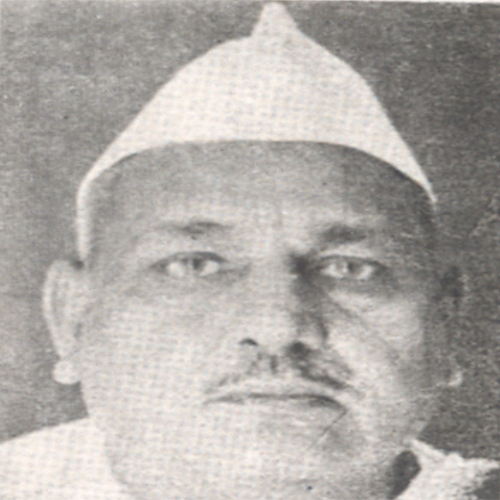Early Life
Binodanand Jha was born on 17 April 1900, in Deogarh district of Bihar (present day Jharkhand). He studied at the Central Calcutta College – later renamed Maulana Azad College. He attended the 1919 Session of the Indian National Congress where he was inspired by Gandhi’s call to participate in the freedom movement. Jha then left his studies and joined the movement.
Role in India’s Independence Movement
Jha spearheaded the Non-Cooperation, Civil disobedience and Quit India movements in the Santhal Pargana region.
As Congress Party member he held key public and political offices. Jha started out as a member of the Deogarh Municipality (1924-1927). In 1936, he was elected to the Bihar Legislative Assembly and was the State’s Parliamentary Secretary during this period.
Jha returned to the Assembly in 1946 and joined the State Cabinet as a Minister in charge of multiple departments that included Local Self Government, Health, Labour and Revenue. During his tenure, the Bihar Panchayati Raj Act of 1947 was passed that introduced the three-tier Panchayati Raj system in Bihar. He also worked towards the 1949 Santhal Parganas Tenancy Act that codified tenancy laws in Santhal Pargana and protected Adivasi land.
Contribution to Constitution Making
Jha was elected to the Constituent Assembly in 1948 from Bihar on a Congress party ticket. He was not an active participant in the Assembly.
Later Contributions
Jha had an active political career post-independence. He was Bihar’s third Chief Minister (1961-1963). In 1971, he began what would be his last term as a Lok Sabha member.
He passed away in 1971.
- The Story of an Unconventional Leader & Legislator, Sri Biswanath Das, Sanghamitra Dash (2019).
- A Short Biography, Gurukalyan Mahapatra (2006).
- Biswanath Das, a tribute by Utkal University (1990).

